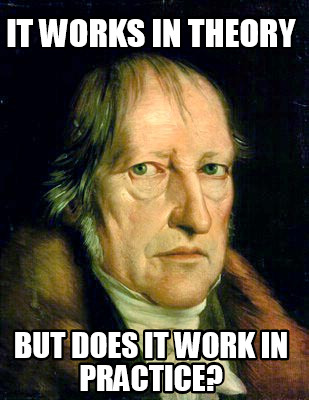On the lower levels, this type is the lover of tangible reality, with little inclination for reflection and no desire to dominate. To feel the object, to have sensations and if possible enjoy them—that is his constant aim. He is by no means unlovable; on the contrary, his lively capacity for enjoyment makes him very good company; he is usually a jolly fellow, and sometimes a refined aesthete. In the former case the great problems of life hang on a good or indifferent dinner; in the latter, it's all a question of good taste. Once an object has given him a sensation, nothing more remains to be said or done about it. It cannot be anything except concrete and real; conjectures that go beyond the concrete are admitted only on condition that they enhance sensation. The intensification does not necessarily have to be pleasurable, for this type need not be a common voluptuary; he is merely desirous of the strongest sensations, and these, by his very nature, he can receive only from outside.



 Reply With Quote
Reply With Quote



